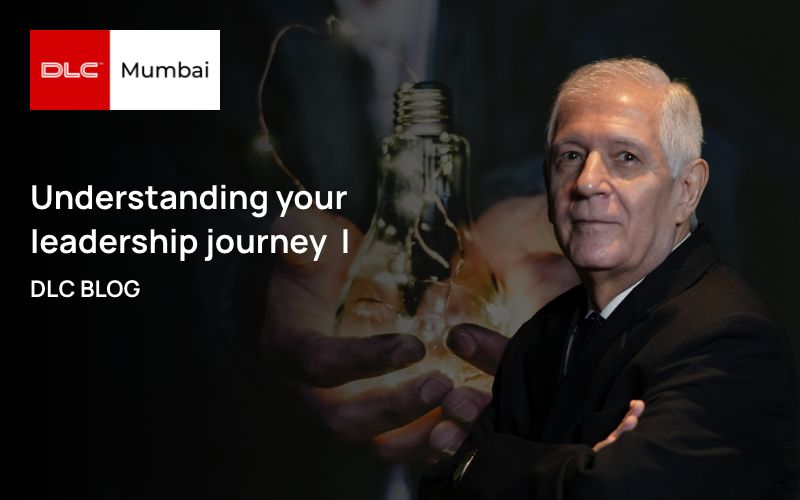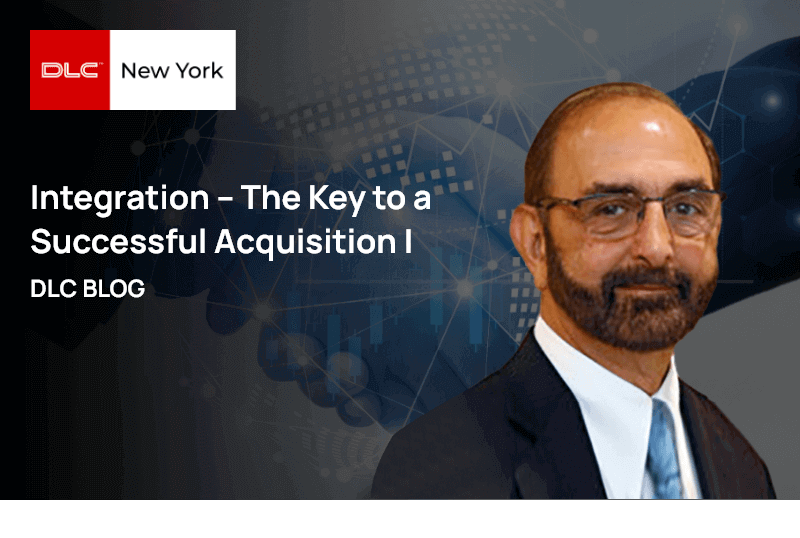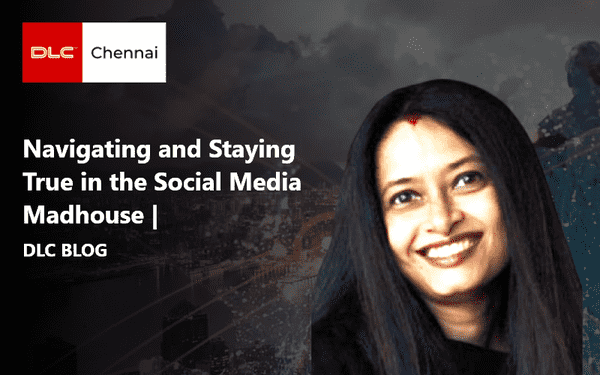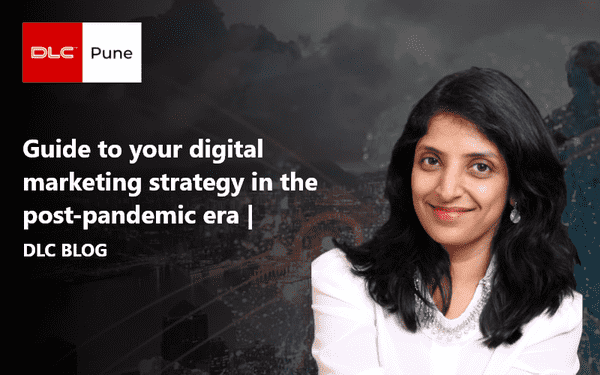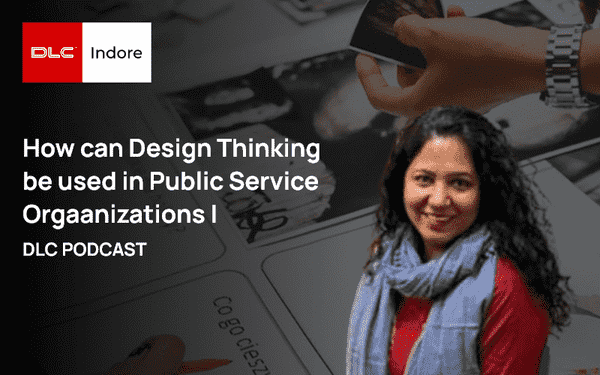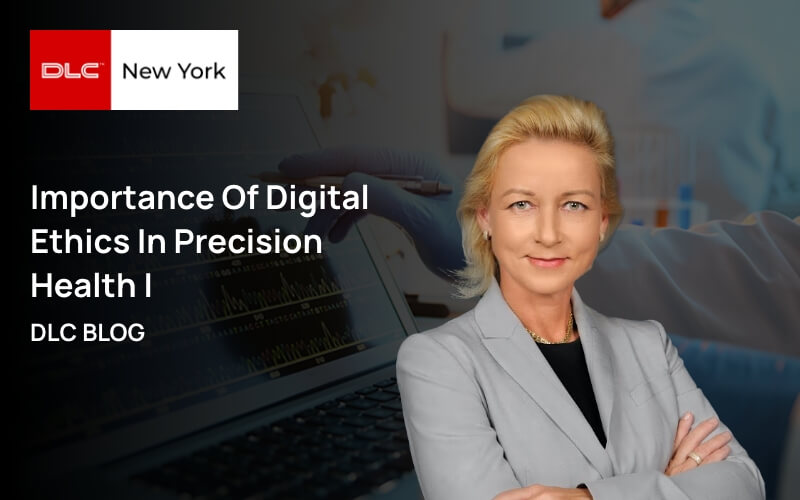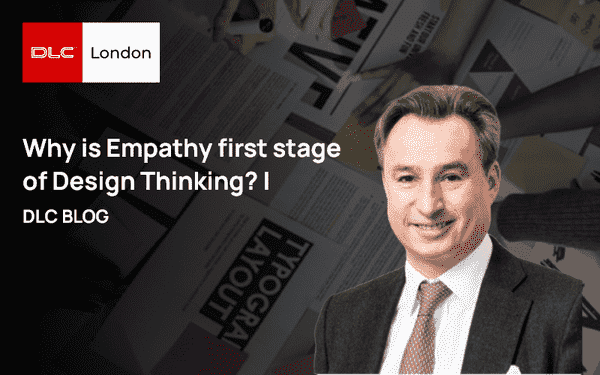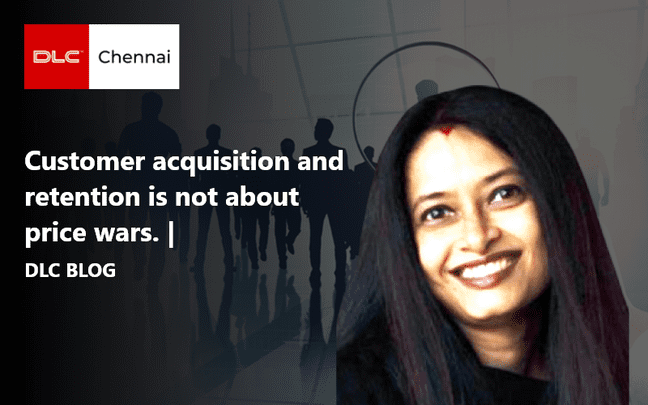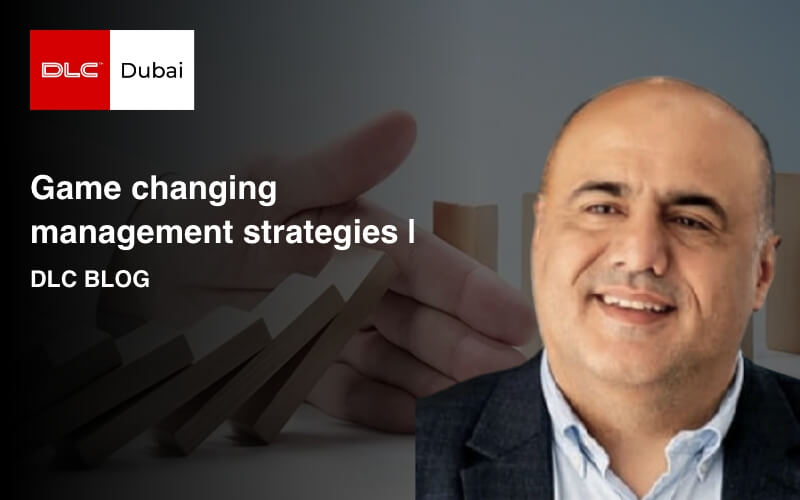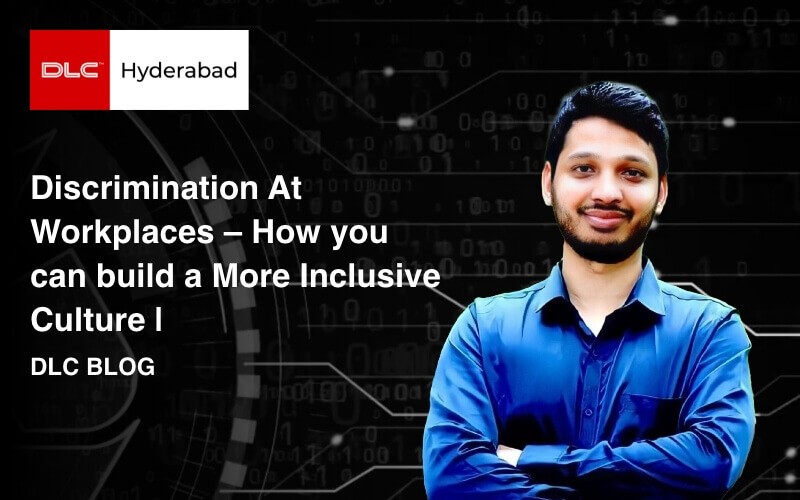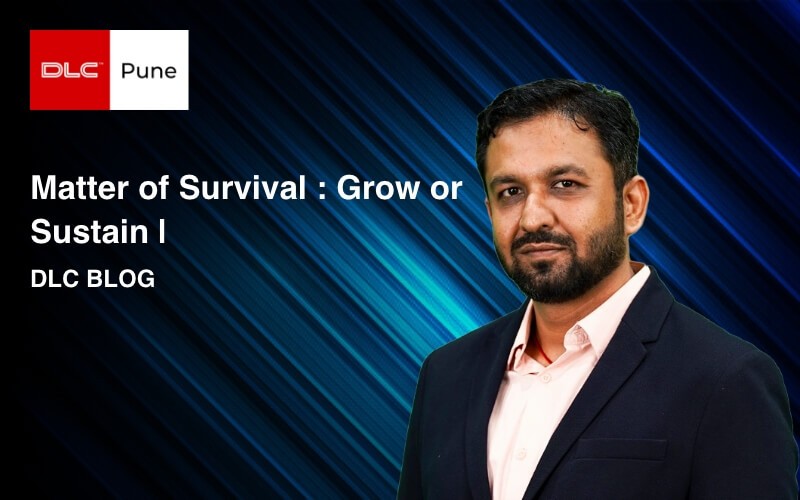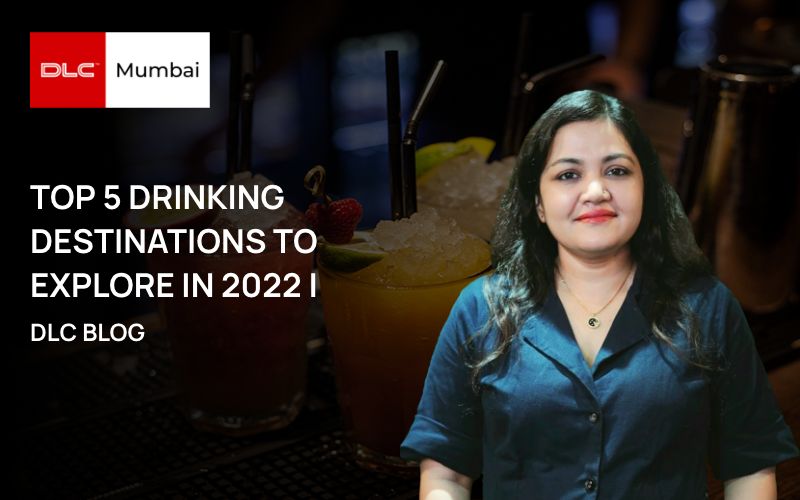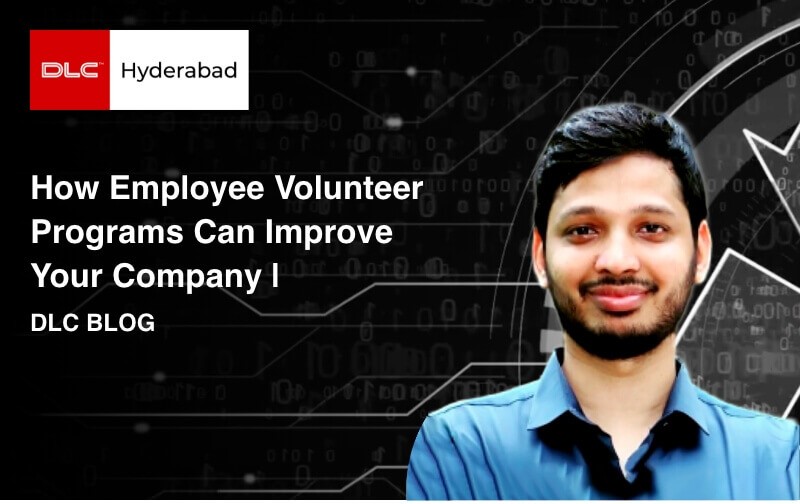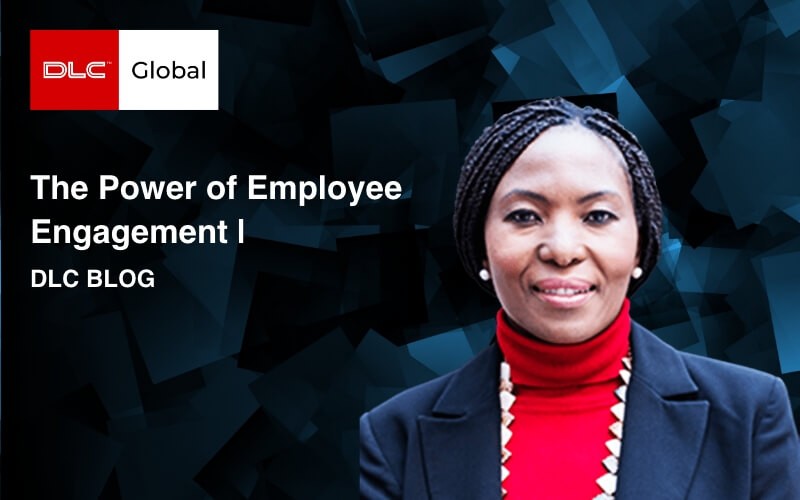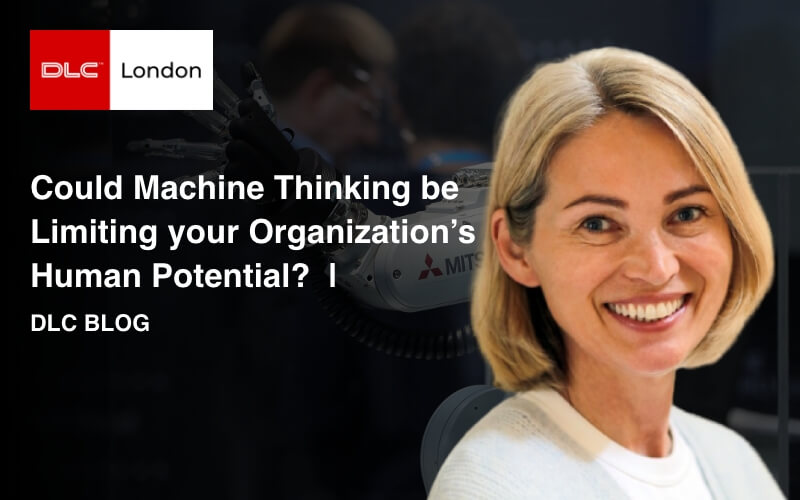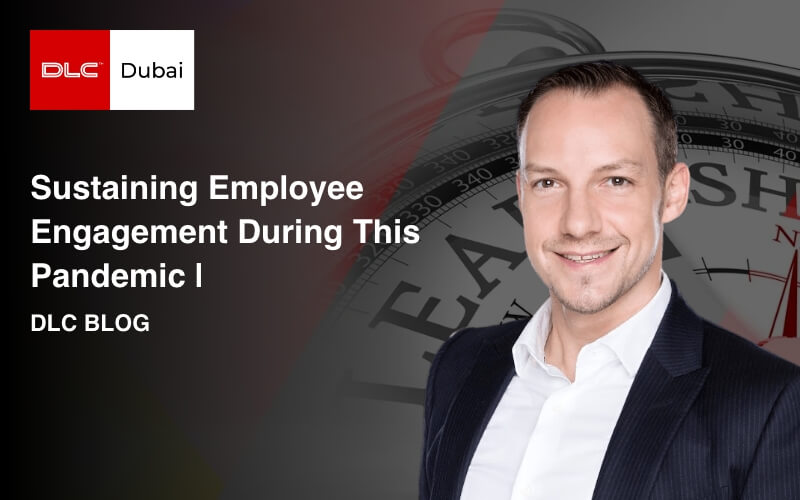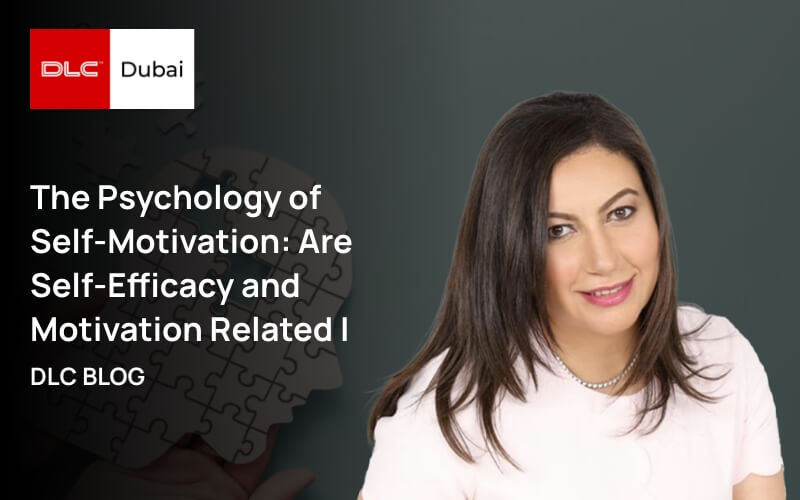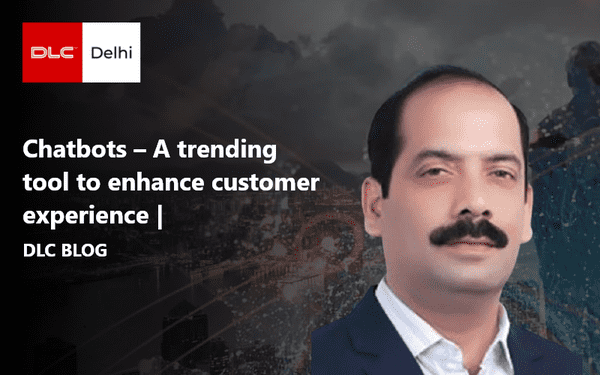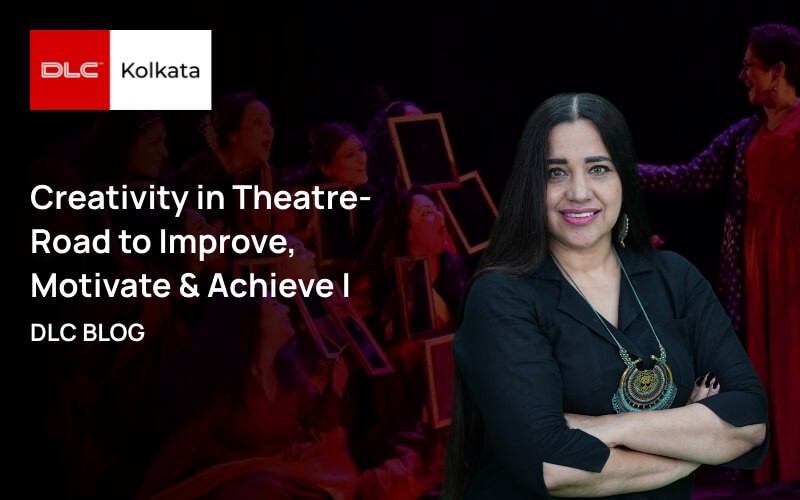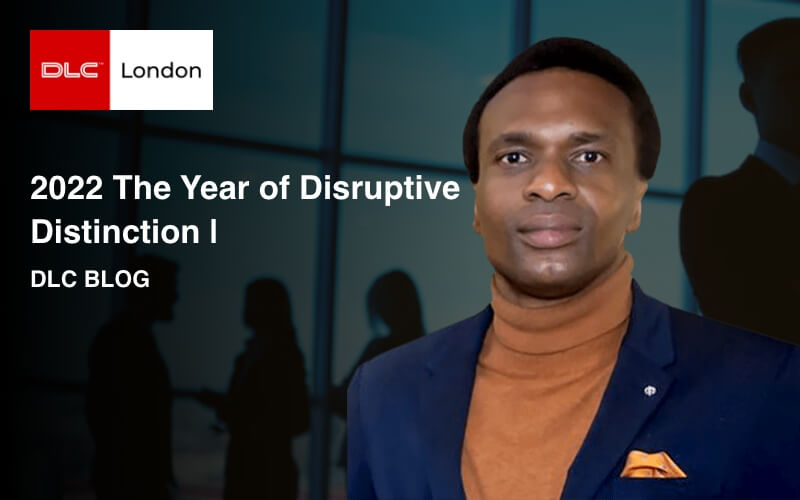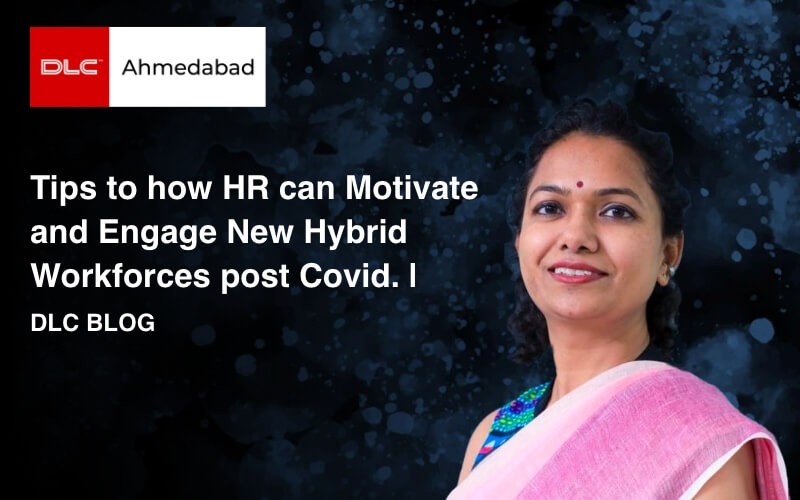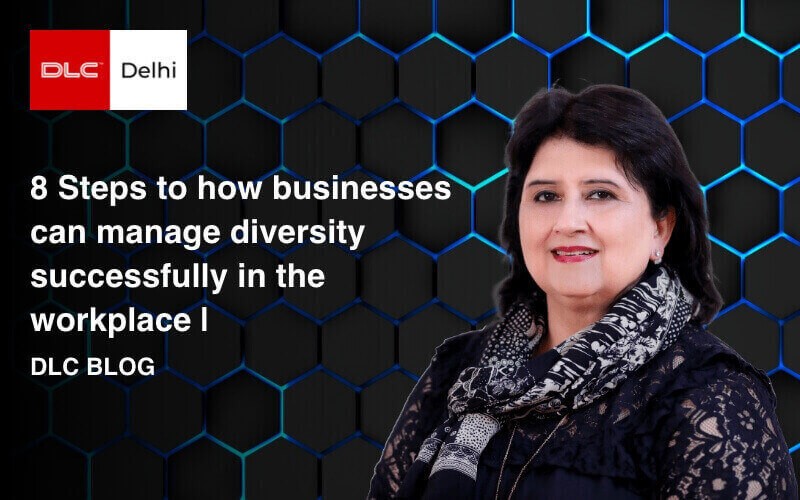
Marketing is one of the areas of business operations where it is widely predicted that artificial intelligence (AI) will drive enormous change. In fact, a McKinsey study found that, along with sales, it is the single business function where it will have the most financial impact. This means that if you’re a marketer and you’re not using AI, you’re missing out on the benefits of what is possibly the most transformational technology.
Actually, though, the chances that there are people out there doing marketing today and not using AI in any shape or form is somewhat unlikely. This is simply because there are so many tools with AI features that we are used to using without even thinking about it. The most frequently used social and search engine advertising solutions, email marketing platforms, e-commerce solutions, and tools designed to assist with content creation all provide functionality that taps into what we refer to as “AI” in business today. To be clear, this isn’t what we think of as “general” AI – machines that have the capability to think and communicate like us and turn their hands to just about any task. In business today (and in marketing in particular), AI refers to software that helps us to carry out one particular job – such as identifying where to place advertising in order to maximize efficiency or how to personalize an email to increase the likelihood of receiving a reply – and get better and better as it is exposed to more data.
However, it’s my experience that, while there may be many tools out there and most marketers are increasingly comfortable with using them on a day-to-day basis, it’s often done in an ad-hoc manner. Many marketing departments still lack a coordinated, strategy-focused approach to implementing bigger projects. Just as importantly, many are lagging when it comes to fostering an AI-friendly, data-first culture as well as developing competencies and upskilling in order to meet the skills demand.
The industries that have a lot of data and a need for heavy personalization, and intelligent automation of their operations have been doing AI for probably the last decade - healthcare, financial services - but doing it within the operations of their business, not within marketing and sales.
“But those same industries have a strong need for personalization, better customer experiences, better predictability of outcomes, the reasons you’d use AI. But generally, at a macro level, we are extremely early in the understanding and adoption of AI …; that is my perception.”
So what are the most exciting opportunities when it comes to using AI in marketing, and where are they already being tapped?
Advertising
Advertisers face the perennial problem of working out how best to place adverts in order to achieve the most bang for their buck.
Facebook and Google are the biggest online advertising platforms, and they both offer tools that work by combining audience segmentation with predictive analytics. Segmentation splits customers into groups according to characteristics – gender, age, income level, interests, for example, and potentially an infinity of others. Predictive analytics works out which of these groups a particular product or service is most likely to appeal to. Facebook, Google, and all of the other platforms that offer advertising functions then allow businesses to target thousands of potential customers with multiple different versions of advertising materials in order to measure and assess their effectiveness. With traditional methods of advertising such as television, newspapers and magazines, it’s very difficult to attribute sales growth to advertising content, placement, or external factors. AI-driven advertising tools and platforms make this a doddle – but are most effective when used as part of a coordinated AI marketing strategy, taking in the other areas of marketing covered here!
Public Relations
Public relations used to focus on the challenge of getting coverage of products and services into mainstream and specialist media publications. In today's online world, the media landscape has exploded, offering opportunities to promote brands directly through social media as well as via influencers and third-party content creators, sponsored and unsponsored. But how do you know where to find the best influencers to bond and cultivate relationships with?
Here once again, AI can help by matching products with people who have cultivated audiences that are likely to be synched to a brand’s appeal and values. Some uses of AI in this field of marketing involve taking things a step further though, such as AI-generated influencer Lil Miquela who has used chatbot technology to create an entirely digital persona. Despite the fact she doesn’t exist, millions of followers consider her an arbiter of style and are happy to go along with her recommendations, meaning she can earn a hefty fee from brands like Calvin Klein and Prada.
Writing press releases, shaping external messaging points, and researching the best outlets (online or digital) for gaining coverage are other PR tasks that can all be augmented by AI.
Content Marketing
“Content is king” has been accepted wisdom in marketing departments since the dawn of web2.0 and the rise of user-generated content platforms (including social media). But what content is king? And where should we put it? How often, how in-depth or simplified … quite simply, how do we make sure our content achieves our aims of establishing our brand, positioning ourselves as experts or authorities in our field, and, of course, eventually generating sales and leads?
Well, one option is to use AI. Buzzfeed is one of the biggest content-driven sites in the world, and Roetzer has examined how it uses AI to drive every aspect of its operations, such as determining the odds of a particular piece of content going viral, suggesting what content visitors would like to see, and automating the routine aspects of publication such as keyword selection, categorization, and personalization. What marks out Buzzfeed as a truly AI-driven content outlet is its strategy-focused approach where every piece of content as well as every user interaction is measured and optimized for insights that can then be put to work anywhere within marketing operations.
Email Marketing
Email marketing is often about tweaking headings, scheduling, and copy in order to impact those all-important open and click-through rates. Small differences in the language that is used can make the difference between an email getting identified as one of the 148 billion spam emails sent each day and snared by a filter or making its way through to the intended recipient at a time when they are open to suggestions on what they should buy.
A large number of AI-powered tools exist to help with these tasks, such as Phrasee, which automates the creation of subject lines; Seventh Sense which optimizes the timing of mailshots; and rasa.io, which makes it easy to create personalized newsletters.
Where next?
Whether AI achieves the potential that clearly exists depends on businesses coming to understand the need for a coordinated and strategic approach to marketing AI implementation. It should be clear enough how the different use cases I have mentioned above can be useful in isolation. But the real value is unlocked when we start using them together, with the aim of answering our most pressing questions, influencing our most important metrics, and achieving key business goals.
Certified by the Ministry of Home Affairs and awarded as a Notable Networker for Highest Number of Referrals, Manish is the Trustee of Deepam Global Charitable Trust and the Founder of VCreate Information Technology Pvt Ltd. His company’s clientele includes TATA Motors, Ashok Leyland, Toyota, Radisson Blu, Mahindra, and many more. He specializes in web development and services, UI/UX, and is an amazing digital marketing strategist.
Want to connect ?









